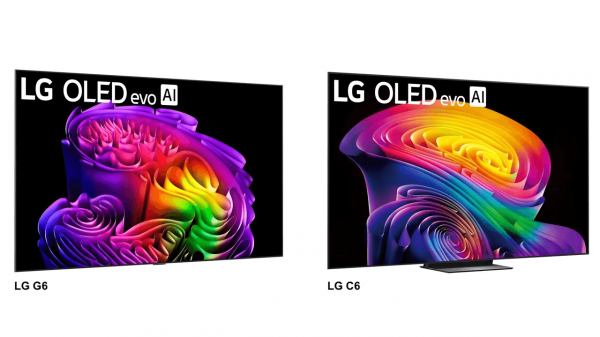When it comes to our health and the health of our family members it is almost unthinkable to not visit a doctor when symptoms of a serious illness or disease become apparent. With the continued advancements in medicine we know that the earlier we diagnose a disease the better chance we have of surviving that disease and actually becoming cured. While an aggressive approach to treating a disease increases the chances of a positive outcome the opposite is true when we choose to ignore the symptoms of a disease and rely on hope to get better.
While it may sound like a stretch, the same can be said for the health of our computers. The life of our computers can easily be extended when we take the proactive approach of fixing a problem when it becomes apparent or better yet taking the simple steps to prevent problems before they exist. This approach is much more effective than watching our computer slowly become a useless piece of hardware.
In order to properly protect our computers from viruses and diseases it is important to understand there is no one blanket cure or immunization that prevents all possible problems, just like a measles shot won’t prevent cancer.
Of course many of us have heard the dangers associated with computer viruses and the damage that can be done by simply opening an email or following a link to a suspect website but there are other dangers that pose just as serious a threat and potentially greater.
One such danger is the computer disease known as fragmentation. Unlike a virus that comes from a source outside your computer fragmentation is born directly on your hard drive and can quickly suffocate the speed of your computer and lead to a catastrophic crash. While computer viruses are generally more well known, thus better guarded against, it is a disease like fragmentation that can go untreated and cause irreversible damage.
Fragmentation occurs due to the very nature in which the hard drive saves and stores files. This is because a hard drive saves these files in a contiguous manner, meaning each time a file is saved it is stored directly behind the last file saved. This becomes problematic when a saved file is opened, additions are made and then the file is resaved. Because that original file was situated between two other files on the hard drive there is not enough room for the resaved file to fit in the original space. The hard drive’s answer is to cut the excess information and store it in the next available space on the hard drive, thus creating a fragmented file.
There is no limit to how many pieces a single file can be fragmented into, meaning a single file may have thousands of pieces scattered across the hard drive. This poses serious problems with a computers speed and performance and can quickly cause reliability problems for the user.
Speed is affected because each time a fragmented file is retrieved the hard drive is forced to search for all the pieces before being able to deliver the request. That slowdown is a good sign that your hard drive is working too hard to locate that file and if this continues the hard drive will eventually work itself into a crash.
There are several symptoms that a computer user should be mindful of in order to recognize fragmentation. Among the signs to look out for: problems with booting up the computer, difficulty accessing and sending emails, delays in retrieving files and loading pages, and sluggish Internet browsing.
When these problems are noticed it is absolutely necessary to treat the computer’s fragmentation disease and fortunately it doesn’t require follow up visits at the hospital. The complicated computer disease can be quickly remedied with a simple solution, defragmentation software.
Defragmentation software is easy to install and once on the hard drive it will locate all fragmented files and repair them. By identifying the pieces of a file and then saving them in one space on the hard drive defrag software not only restores your computer’s speed but extends its life as well. The great thing about defrag software is that once it has been installed it will continue to monitor the hard drive, protecting a return of fragmentation.
While nobody would say the health of a computer is of the same importance as eth health of an individual but when protecting a computer from fragmentation is as easy as installing defrag software there really is no excuse for not taking the action.























